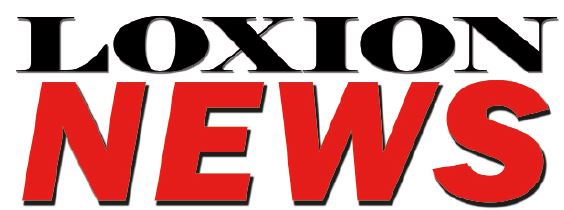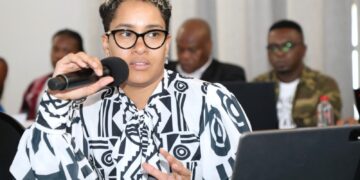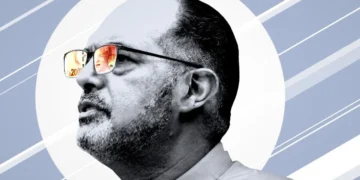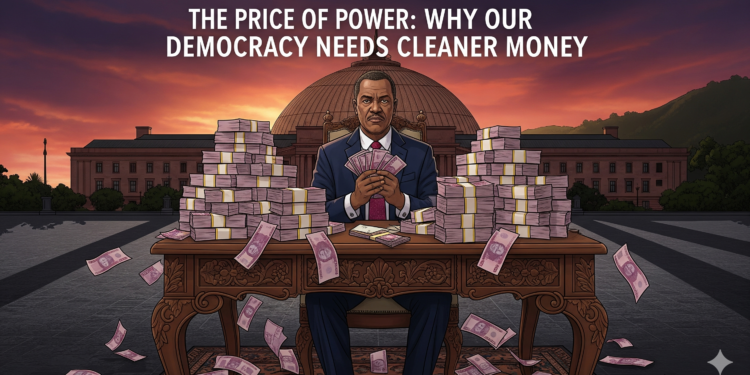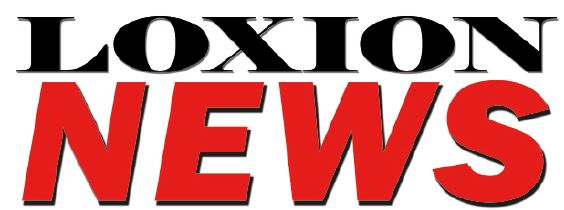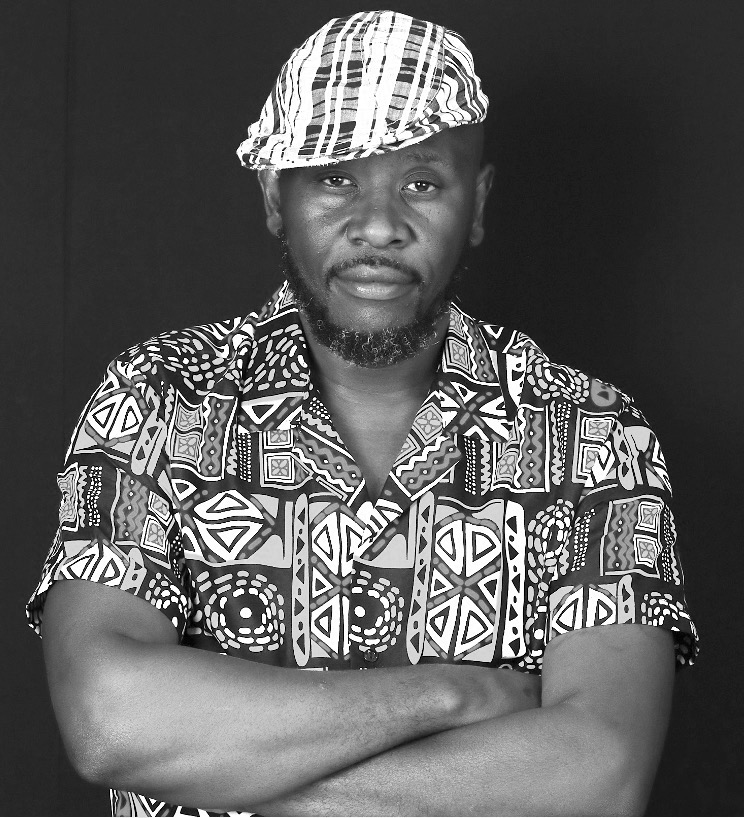
Opinion Piece By Fanelo Maseko, Managing Editor
If a political party is the vehicle of our democratic will, then funding is its fuel. But what happens when that fuel is contaminated? When the very energy that drives a party towards power comes with a hidden map, charting a course towards the interests of its funders and away from the needs of the citizens it swore to serve?
This is the central dilemma of political party funding in South Africa today. The enactment of the Political Party Funding Act (PPFA) in 2021 was a monumental step out of the shadows. For the first time, we, the public, could see who was bankrolling whom. It was a victory for transparency, a direct response to the state capture era where money flowed like a secret river through our politics, eroding the foundations of the state.
But as the initial glow of this reform fades, the cracks in the façade are becoming all too clear. The Act, while well-intentioned, has proven to be a starting point, not a finish line. The conflict of interest – the toxic notion that our leaders might be indebted to their donors rather than their voters – remains the ghost in our political machine.
The R100,000 anonymous donation threshold is a gaping loophole. It doesn’t take a forensic auditor to see how a R1 million donation can easily become ten anonymous R100,000 gifts, neatly laundering not just the money, but the donor’s identity and, by extension, their influence. This secrecy is the antithesis of democracy.
So, how do we move forward? How do we future-proof our legislation to ensure that the will of the people, not the purse of the powerful, dictates our nation’s trajectory?
First, we must lower the disclosure threshold significantly. A figure closer to R20,000 would make it far more difficult to hide major sources of funding. Full transparency must be the uncompromising standard.
Second, we need to empower the IEC as a truly robust watchdog. This means giving it sharper teeth, a bigger budget, and the independent forensic capacity to audit party finances proactively, not just reactively. The Commission must be able to investigate and punish non-compliance with fines that hurt and, ultimately, with the ability to de-register parties that flout the rules consistently.
Third, and most radically, we must have a serious public conversation about prescriptive allocation of public funding. The state already provides money to parties represented in Parliament. Perhaps a greater proportion of a party’s funding should come from this transparent source, based on electoral performance, reducing their desperate reliance on private interests. It is a complex debate, but one worth having: is it better for parties to be funded by the public purse for public good, or by private purses for private gain?
The impact on the general citizen is not abstract. When policy is for sale, the consequences are felt in our potholed streets, our under-resourced clinics, and our load-shedded homes. It manifests in tenders awarded not to the most capable, but to the most connected. It deepens inequality and strangles service delivery. It tells ordinary South Africans that their vote is cheap, but their politician is for sale.
This corrodes the very spirit of our democracy. It leads to the apathy and disillusionment that are a greater threat to our freedom than any external force. If people believe the system is rigged, they simply stop participating.
The journey to recover from state capture is not just about putting a few corrupt individuals in jail. It is about building systems that prevent corruption from happening in the first place. Strengthening our political funding laws is perhaps the most critical reform in defending the integrity of our democracy for generations to come.
We have taken the first brave step with the PPFA. Now, we must find the courage to complete the journey. Our democracy’s price tag must be visible, and it must be one paid by the people, for the people.
Disclaimer: This is an opinion piece and the views expressed are those of the author, Fanelo Maseko, in his capacity as Managing Editor. They do not necessarily reflect the editorial policy or the views of Loxion News as a publication.
